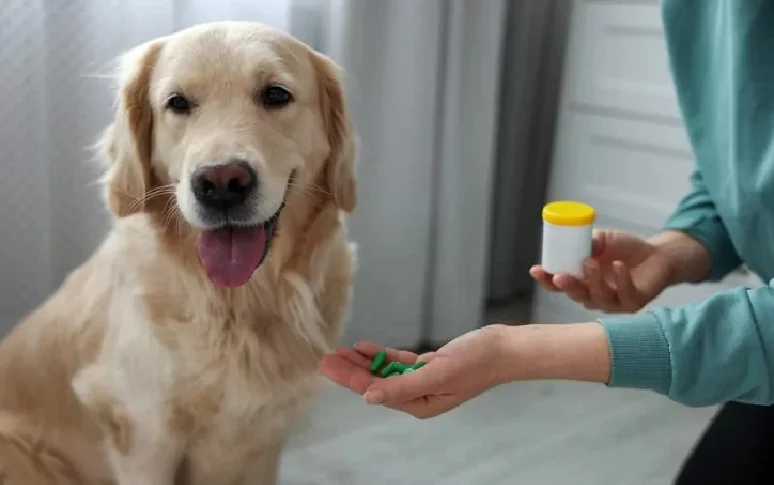1. Regular Veterinary Check-ups
Just as humans need regular check-ups, so do our canine friends. Regular veterinary visits allow for early detection of potential health issues, which can significantly improve the prognosis and treatment options. It's recommended to have at least an annual check-up for younger, healthy dogs and semi-annual for senior dogs or those with known health issues. These visits should include a full physical examination, dental check, and routine blood work.

2. Balanced Nutrition
Proper nutrition is the cornerstone of your dog's health. A balanced diet should include proteins, carbohydrates, fats, vitamins, and minerals in the right proportions. High-quality commercial dog foods usually provide these, but it's crucial to choose one appropriate for your dog's age, breed, size, and health status. If you're unsure, consult with your vet or a pet nutrition expert. Remember, overfeeding can lead to obesity, a condition linked with various health problems, so keep portion sizes in check.

3. Regular Exercise
Regular exercise is vital for your dog's physical and mental well-being. It helps maintain a healthy weight, strengthens the cardiovascular system, improves digestion, and keeps joints flexible. Exercise also provides mental stimulation, reducing the likelihood of behavioral problems. The amount and type of exercise needed will depend on your dog's breed, age, and health. Generally, a daily walk and playtime are beneficial for all dogs.

4. Dental Care
Dental health is often overlooked but is a critical aspect of a dog's overall health. Poor dental hygiene can lead to dental diseases that can affect the heart, kidneys, and liver. Brush your dog's teeth regularly using a dog-friendly toothpaste and consider dental chews and professional cleanings for added oral care.

5. Regular Grooming
Regular grooming isn't just about keeping your dog looking good; it's also about their health. Routine brushing removes excess fur, distributes skin oils, and allows you to check for any abnormalities, like lumps, ticks, or skin issues. Regular baths help keep their skin clean and healthy, but remember, too frequent bathing can strip essential oils from their skin.

6. Mental Stimulation
Keeping your dog mentally stimulated is just as important as physical exercise. Mental stimulation keeps your dog's mind sharp and reduces the risk of cognitive decline, especially in older dogs. Toys, training, interactive games, and socialization with other dogs and people can all provide mental stimulation.

7. Preventive Medications
Preventive medications can protect your dog from various diseases and health issues. Regularly administer heartworm, flea, and tick preventatives as recommended by your vet. Also, ensure your dog is up-to-date on vaccinations to protect them from infectious diseases.

8. Spaying Or Neutering
Spaying or neutering your dog can prevent various health issues and potentially extend their life. Spaying helps prevent uterine infections and breast tumors in females, which are malignant in about 50% of dogs. Neutering can prevent testicular cancer and some prostate problems in males.

9. Regular Weight Checks
Maintaining a healthy weight is crucial for your dog's health. Obesity can lead to numerous health problems like diabetes, heart disease, and arthritis, and can reduce your dog's life expectancy. Regular weight checks, combined with a healthy diet and exercise, can help keep your dog's weight in a healthy range.

10. Love And Companionship
Last but not least, providing a loving, stress-free environment for your dog can significantly improve their quality and length of life. Regular interaction, playtime, and affection can help keep your dog happy and stress-free. Remember, your dog is a part of your family, and they thrive on your love and attention.
The journey to a longer, healthier life for your dog isn't a destination but a continuous process. It requires a commitment to regular care, a balanced diet, exercise, and above all, lots of love. While it's not possible to guarantee how long your dog will live, these steps can go a long way in ensuring they live their happiest, healthiest life. Remember, every dog is unique, so it's important to tailor their care to their specific needs. Always consult with your vet about the best care for your dog. Here's to many more happy, healthy years with your furry best friend!

Was this page helpful? Give us a thumbs up!












